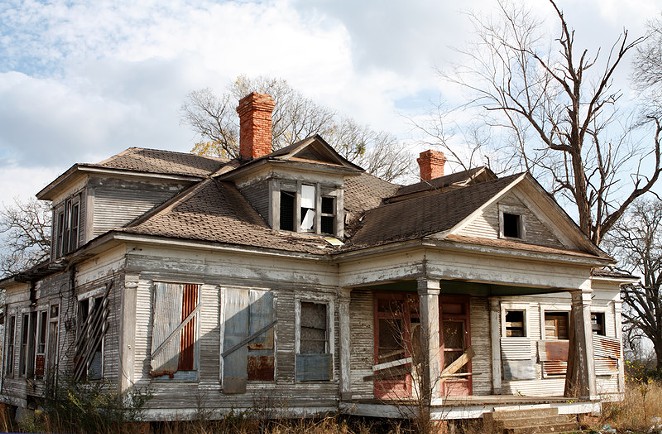Deferred maintenance is the exercise of postponing repairs and regular maintenance on real property or personal property in order to save costs. More often than not, failing to perform necessary, preventative services or repairs will result in asset deterioration and will ultimately have a big impact on the value of a home and its ability to sell.
Some of the most common forms of deferred maintenance I see are exterior paint and siding issues, improper service records for furnaces and A/C units, roofing issues and lack of maintenance on wood decking and failed caulking. As an example, experts recommend furnaces be serviced annually to maintain efficiency. I've spoken with several HVAC companies over the years and all agree that without regular maintenance, homeowners cut the furnace life in half. Another example is one that I dealt with on behalf of a buyer. The roof was a year over its shelf life and also had significant damage not addressed from the major snowstorms of 2017, causing the roof to be in even worse disrepair. This, coupled with myriad other deferred maintenance issues that arose during the home inspection, ended up costing the seller $25,000 off the list price.
For buyers, depending on the type of financing they're using, deferred maintenance may disqualify a home from being eligible to buy. A simple example of this would be exposed wood and peeling paint on the exterior of a home. Loan programs such as FHA, VA and USDA will not finance a property that has significant areas of peeling paint and exposed wood.
As a buyer, deferred maintenance can also burden your budget. Not only do buyers have to think about a down payment and closing costs, but also about the additional cash or credit necessary to make repairs—something to consider when searching for homes.
Sellers are required by Oregon law to disclose all known material facts regarding the property. This includes recent repairs, water damage and non-functioning systems. In addition to a home inspection, these disclosures provide the buyer with a history of the property and any potential structural/mechanical issues. When a buyer sees several items in disrepair or a history of repair issues, it can have a negative impact on the perceived value of the home. Also, obvious deferred maintenance items have an emotional impact on a potential buyer during a showing of a property. Buyers may feel as though the cost to make the repairs is more than you had estimated as a seller; thus, creating a large gap between the buyer's perceived market value and the seller's.
I recommend making the appropriate repairs prior to listing a home for sale. This proactively addresses the potential issues that may arise in the negotiation process and may save thousands in the sale of a home.








